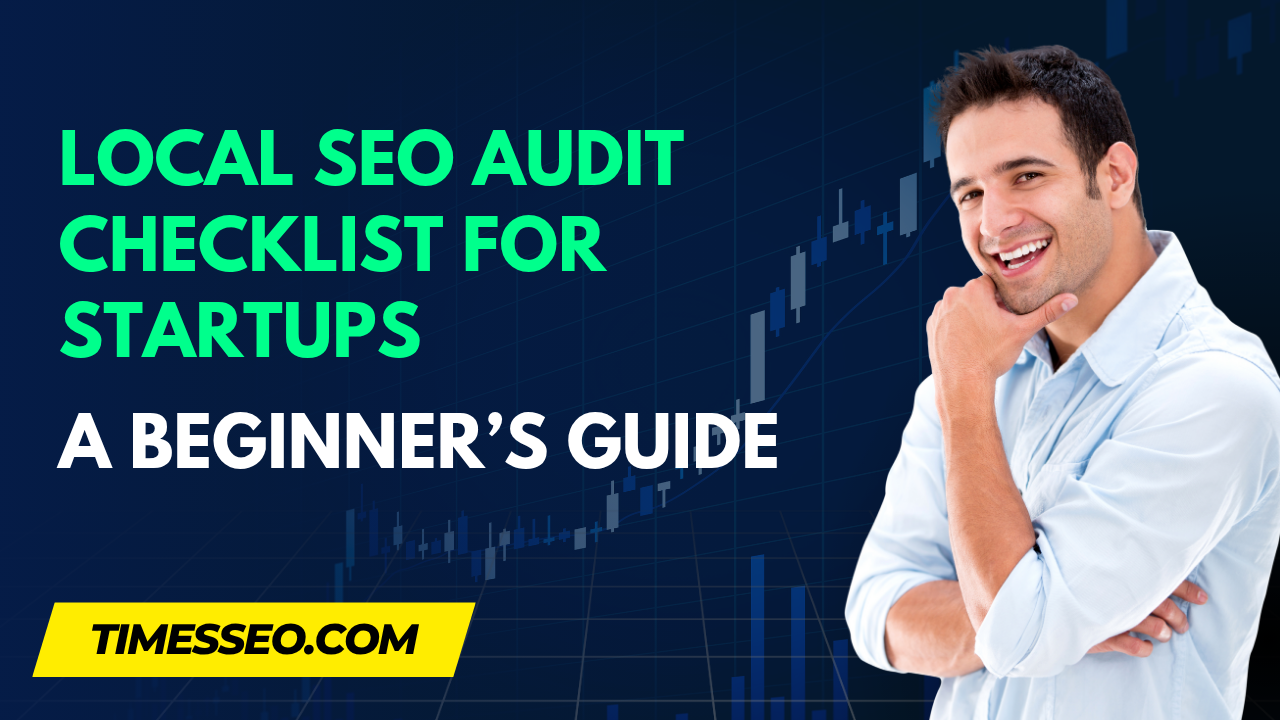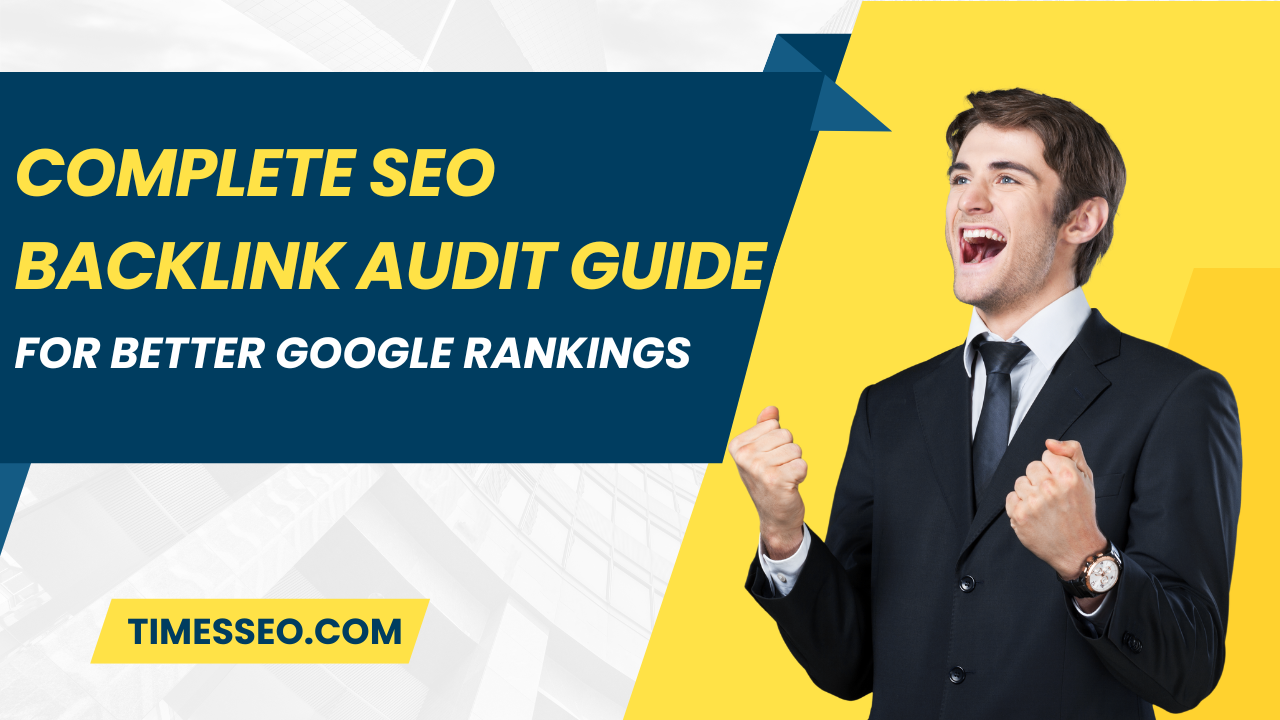
Local Keyword Research for Brick-and-Mortar Stores
Find out how conducting research on local keywords might increase foot traffic to your physical store. In order to assist physical businesses rank higher in local search results and draw in nearby, ready-to-buy customers, this guide deconstructs tried-and-true tactics, resources, and advice. Perfect for local shopkeepers, service providers, and business owners.
Table of Contents
Introduction
Imagine this: you own a cozy little bakery in Brooklyn. You make the best bagels in the neighborhood—but no one outside your regulars seems to know. Why? You’re invisible online. That’s where local keyword research comes in.
This guide will help you attract real, local customers by understanding how to research and use the right keywords—so more people find your business right when they need it most.
Understanding Local SEO Basics
What is Local SEO?
Helping your company show up in search results when consumers are looking for nearby services or goods is the main goal of local SEO. Whether it’s “bookstore in Delhi” or “hair salon near me,” local SEO puts your shop on the map—literally.
How It Differs from Traditional SEO
Traditional SEO aims for global or national reach, while local SEO is laser-focused on geo-specific keywords and real-world visibility—especially for businesses with a physical location.
Importance of Local Keyword Research
Driving Foot Traffic, Not Just Website Clicks
Local keyword research helps connect digital searches to physical visits. The right keywords can turn a Google search into a customer walking through your front door.
Higher Purchase Intent with Local Queries
Searches like “best Thai restaurant near me” often mean the person is ready to make a purchase. These are high-intent keywords with real-world value.
Voice Search and Local Keywords
“Hey Siri, where’s the closest coffee shop?”—Sound familiar? Optimizing for voice-search-friendly keywords is crucial as mobile and smart assistants take over.
Getting Started with Local Keyword Research
Know Your Audience and Neighborhood
Start by defining who your local audience is. What language do they use? What landmarks are nearby? Understand your community’s lingo.
Tools to Use
- Google Keyword Planner
- Ubersuggest
- Moz Keyword Explorer
- AnswerThePublic
- Google Trends
Competitor Research for Local Markets
Search for similar businesses in your area and analyze their keywords, blogs, meta titles, and GBP listings. What works for them could work for you.
Types of Local Keywords You Should Target
Geo-Modified Keywords
These are keywords that include a specific location, e.g., “Florist in Pune” or “Chandni Chowk bridal wear.”
“Near Me” Searches
These keywords trigger location-based results automatically. Consider “local pet store” or “local 24-hour chemist.”
Service + Location Format
Useful combinations like “plumber in JP Nagar” or “Italian restaurant Connaught Place” help customers pinpoint exactly what and where they want.
How to Locate Local Keywords That Produce Real Results
Analyze Local Trends Using Google Trends
Use Google Trends to find what people are currently searching in your area. Tailor content and keywords accordingly.
Utilize Customer Language in Reviews and Feedback
Check how customers describe your services in online reviews. Keywords can be found in abundance in that language.
Explore Local Forums, Reddit, and Community Pages
Join Facebook Groups, local Subreddits, or neighborhood forums. Listen to how locals talk about your industry—it’s raw keyword data!
Advanced Tips to Improve Your Local Keyword Strategy
Use Long-Tail Keywords
Instead of just “restaurant,” try “family-friendly vegetarian restaurant in Salt Lake.” Longer keywords = lower competition + higher conversion.
Hyperlocal Targeting with Neighborhood Names
Don’t just target “Los Angeles”—go for “Venice Beach,” “Silver Lake,” or “Echo Park” to get hyperlocal.
Combine Seasonal Events and Keywords
Optimize for keywords like “Diwali sweets in Lajpat Nagar” or “Christmas decorations Kolkata Park Street”.
Optimizing On-Page SEO with Local Keywords
Title Tags, Meta Descriptions, and Headers
Sprinkle your local keywords in SEO elements naturally—don’t force it.
Embedding Keywords in Product/Service Pages
Mention your city and neighborhood in product/service descriptions wherever it makes sense.
Local Landing Pages for Multiple Locations
Got more than one store? Make a unique landing page with hyperlocal keywords optimized for each.
Leveraging Google Business Profile (GBP)
Why GBP Is a Local SEO Goldmine
People frequently see your Google Business Profile first. It must have the appropriate keywords.
Optimizing Your GBP for Keyword Relevance
- Add services and products
- Include relevant keywords in your business description
- Answer FAQs that include local terms
Creating Local Content Around Your Keywords
Blog Ideas Based on Local Interests
- “Top 5 Gifts from Our Boutique in Dadar”
- “How We Celebrate Holi in Our Cafe”
Event Promotions and Community Involvement
Host events, sponsor local sports teams, or participate in fairs. Next, use geo-targeted keywords to produce content related to those events.
Tracking and Measuring Local SEO Success
Google Search Console and Insights
Monitor which keywords are driving traffic and where your site appears in SERPs locally.
Heatmaps, CTR, and Footfall Analytics
Use tools like Hotjar or Crazy Egg to see what users are clicking on and pair it with in-store footfall data.
Common Mistakes in Local Keyword Research
Ignoring Mobile and Voice Search
Most local searches happen on phones—optimize accordingly.
Overstuffing Keywords
Google hates spammy content. Don’t overuse location names just for ranking.
Not Updating Based on Changing Trends
Local interests shift fast. Keep updating your keywords quarterly to stay relevant.
Case Study: Local Keyword Success Story
A small shoe store in Pune saw a 60% increase in foot traffic after optimizing their GBP and website for terms like “affordable men’s shoes in Kothrud” and “sneaker store near Deccan Gymkhana.” They started appearing in top 3 local packs within two months.
Conclusion
Local keyword research isn’t just about ranking higher—it’s about becoming visible in your community when it matters most. Whether you run a tiny tea shop or a clothing outlet, local keywords are your bridge from online discovery to in-person visits.
Start small. Think local. Grow big.
Frequently Asked Questions
Ideally, review them every 3–6 months, especially around seasonal events or product launches.
Absolutely! Even in rural areas, people search for local services, especially on mobile or voice assistants.
Yes! Whether it’s restaurants, hardware stores, or yoga studios—“near me” is powerful and widely used.
Use tools like BrightLocal, Moz Local, or even manual Google searches in incognito mode.
Claim and optimize your Google Business Profile, then start adding geo-specific keywords to your homepage and service pages.
Table of Contents
Popular Posts
-
 Affordable Technical SEO Audit for Small Business: A Complete Guide26 Jun 2025 Blog
Affordable Technical SEO Audit for Small Business: A Complete Guide26 Jun 2025 Blog -
 How to Get an Affordable Technical SEO Audit for Small Business27 Jun 2025 Blog
How to Get an Affordable Technical SEO Audit for Small Business27 Jun 2025 Blog -
 The Ultimate Local SEO Audit Checklist for Startups28 Jun 2025 Blog
The Ultimate Local SEO Audit Checklist for Startups28 Jun 2025 Blog -
 Local SEO Audit Checklist for Startups: A Beginner’s Guide28 Jun 2025 Blog
Local SEO Audit Checklist for Startups: A Beginner’s Guide28 Jun 2025 Blog -
 Top On-Page SEO Audit Steps for Service Websites Every Business Should Know29 Jun 2025 Blog
Top On-Page SEO Audit Steps for Service Websites Every Business Should Know29 Jun 2025 Blog -
 Technical SEO for WordPress: The Ultimate Beginner’s Guide01 Jul 2025 Blog
Technical SEO for WordPress: The Ultimate Beginner’s Guide01 Jul 2025 Blog -
 The Impact of On-Page SEO Audit Steps for Service Websites on UX01 Jul 2025 Blog
The Impact of On-Page SEO Audit Steps for Service Websites on UX01 Jul 2025 Blog -
 Technical Mobile SEO Audit Tips for Developers02 Jul 2025 Blog
Technical Mobile SEO Audit Tips for Developers02 Jul 2025 Blog -
 Complete SEO Backlink Audit Guide for Better Google Rankings03 Jul 2025 Blog
Complete SEO Backlink Audit Guide for Better Google Rankings03 Jul 2025 Blog -
 Boost Your Rankings with Technical SEO for WordPress01 Jul 2025 Blog
Boost Your Rankings with Technical SEO for WordPress01 Jul 2025 Blog






